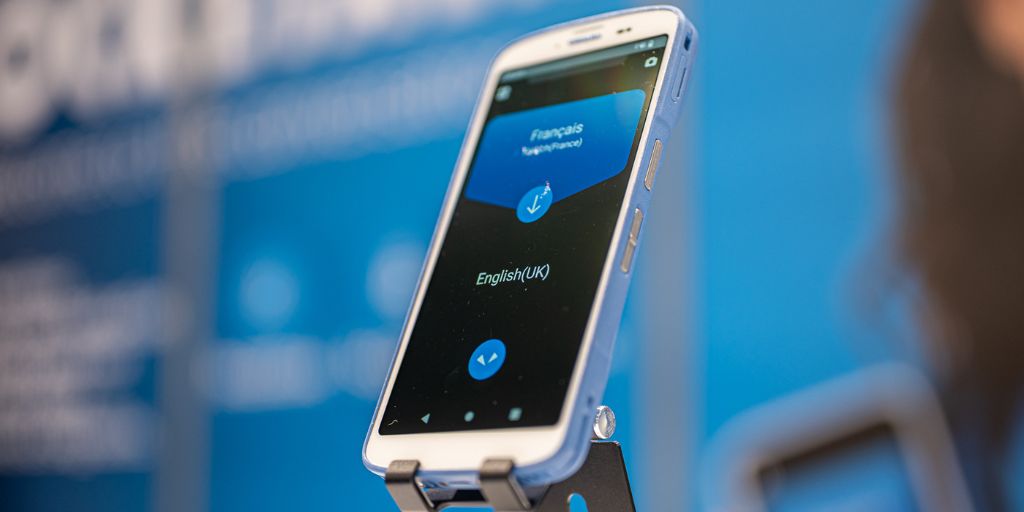
September 2025,Pocketalk, the global leader in real-time translation technology, announces the launch of the Pocketalk Enterprise App validated on Zebra Technologies’ secure mobile computers, tablets, and kiosks. This solution signifies a major step forward in multilingual healthcare communication, bringing together real-time, secure, accurate language translation with patient engagement and remote care in one trusted ecosystem.
Zebra is a global leader in digitising and automating frontline workflows, trusted by healthcare providers worldwide for its secure, enterprise-grade healthcare solutions. Pocketalk is a market-leading translation platform and a registered Zebra Independent Software Vendor (ISV) partner. This solution will offer healthcare workers an instant, seamless and secure communication solution which can be used across hospitals, clinics, and community settings.
It comes as research conducted by Pocketalk with healthcare workers in the UK revealed the scale of language barriers in the sector. Over a third of healthcare workers expressed concern about safeguarding issues due to language differences, while more than one in 10 said they face language barriers on a daily basis and the time spent amounts to more than half a working day each month.
Pocketalk’s app will enable frontline workers using Zebra mobile computers, tablets and kiosks to immediately translate conversations and paperwork such as prescriptions using a device’s camera function, into over 92 languages including minority languages and dialects.
As well as providing a language translation service where there wasn’t one before, this integration of new technology will save staff from using other incumbent solutions that often take up more time to implement and cost healthcare institutions millions every year.
Pocketalk is already making a measurable impact across over 25 NHS and 30 Irish hospitals and primary care networks, including the Living Well Partnership where its technology has supported healthcare professionals with:
- Real-time translation during clinical rounds and consultations
- Supporting community care and home visits
- Reducing reliance on delayed or expensive telephone interpretation
-
Improving care equity, clinical efficiency, and patient trust











